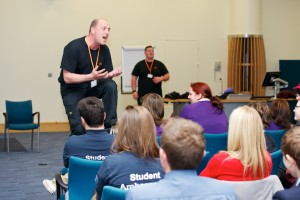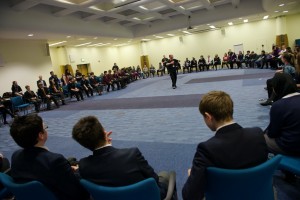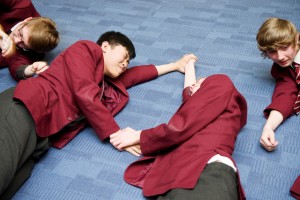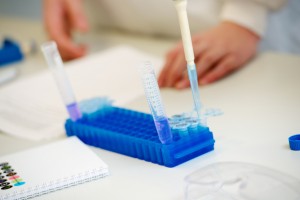 A driving force for Leading Edge is to provide Year 8/9 participants a real hands-on experience of the science we do. Our projects aim to achieve this goal via 2-3 visits to the research laboratory of the partnered academic, spanning the school day.
A driving force for Leading Edge is to provide Year 8/9 participants a real hands-on experience of the science we do. Our projects aim to achieve this goal via 2-3 visits to the research laboratory of the partnered academic, spanning the school day.
We know from experience that a given amount of time during the first visit is spent training the participants how to use some of the tools we take for granted. This is not a bad thing as it provides everyone the chance to take a step back and focus on the bigger picture of the difference in what a research lab looks like compared to the science classroom.
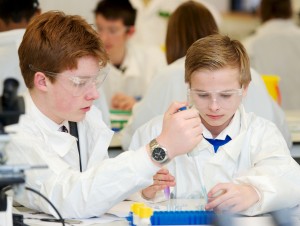
However, not every project utilises the same tools and even the same scientific skills sets. To provide everyone with an insight into some of the skills we exploit in our labs we decided for our first 2013 workshop to focus on practical skills.
We hosted the workshop in one of the three teaching laboratories housed in the Faculty of Medical Sciences. Lab coats were provided, participants were mixed up to promote inter-school communication, and the fun began. We devised a work plan through 4 tasks plus a tour of the Bioimaging facilities housed in the Faculty of Medical Sciences. The tasks included:
1) Health and Safety Risk Assessment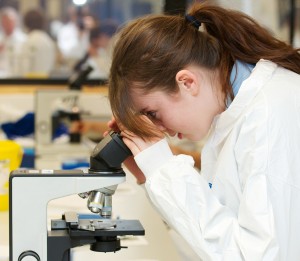
2) Know your pipette
3) Getting to know a microscope
4) Calculating the volume of “Gung”
It was a very active 2 hour session. Everyone enjoyed themselves. Mixing up the pupils worked well but also caused confusion amongst Teachers and Academics. Hiding uniforms under regimental lab coats makes it fun finding your project team to say hi and help them out.
Images by Zander Photography

